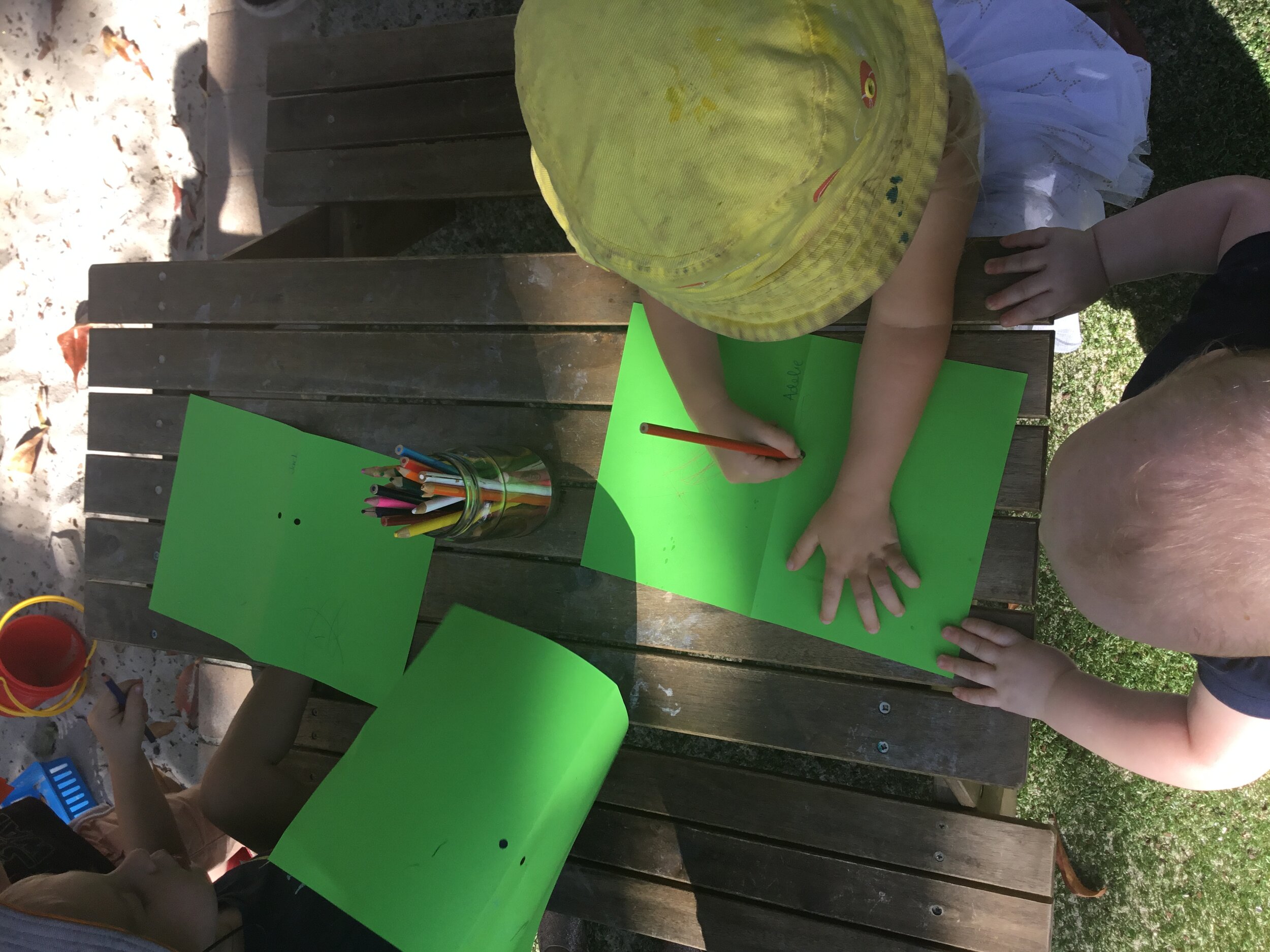
Illustrations of Practice
Lauren Maike, Pre-Service Teacher
Preamble
This digital portfolio illustrates my capabilities with reference to the Graduate Level, Australian Professional Standards for Teachers (APST) with particular salience to Standard 1. Although standards are organised by domain and exhibited separately evidence is innately interconnected, please refer to Appendix A for an exhaustive list. Evidence has been thoughtfully selected and annotated, should the detail be lacking in the image quality please refer to Appendix B. Images used throughout are the authors own or from an experience they were involved in and used with permission.
Domain: Professional Knowledge
The Australian Professional Standards for Teachers (APST) 1 and 2 emphasize the need for teachers to cultivate a depth of professional, contextualised knowledge (Australian Institute for Teaching and School Leadership [AITSL], 2010). The APST maintains that student success is heavily reliant on the nexus of teachers’ content knowledge and capacity to be responsive to their students’ physical, social and intellectual needs (APST, 2010; United Nations General Assembly, 1989). By being cognisant of each students’ diverse lived experiences teachers can invite meaning making through pedagogically effective and developmentally appropriate programs (Rogoff, Dahl & Callanan, 2018; APST, 2010). Teachers further utilise a range of strategies, including engagement with Information and Communication Technologies (ICT), to embed general capabilities, such as literacy and numeracy, and opportunities for cross-curricular learning (APST, 2010; Australian Curriculum, Assessment and Reporting Authority [ACARA], 2015).
Domain: Professional Practice
With Standard 3, 4 and 5 the emphasis broadens to encompass demonstrative knowledge and praxis (APST, 2010). Teachers enact their knowledge of the content, pedagogy and their students to create consistent, safe, stimulating and meaningful classroom climates which privilege inclusivity, social cohesion and collaboration (APST, 2010; MCEETYA, 2008; United Nations General Assembly, 1989). Teachers vary their articulation and plan with their students’ abilities and interests in mind, inviting engagement and utilizing assessment tools to promote student success and their own reflective practice (APST, 2010).

Domain: Professional Engagement
Standards 6 and 7 are cognizant of Teachers as reflective practitioners and emphasize the value this has for student learning. Teachers role model ethical and professional conduct to their students through their actions and articulation of legislative, admirative and organisational mandates. Teachers build authentic rapport through their respectful interactions with students, their families and communities, but also with their colleagues and superiors in the school setting (AITSL, 2010). In their praxis Teachers are demonstrative of effective learning methodologies and analysis, evaluation and pursuit of professional learning goals (AITSL, 2010).



